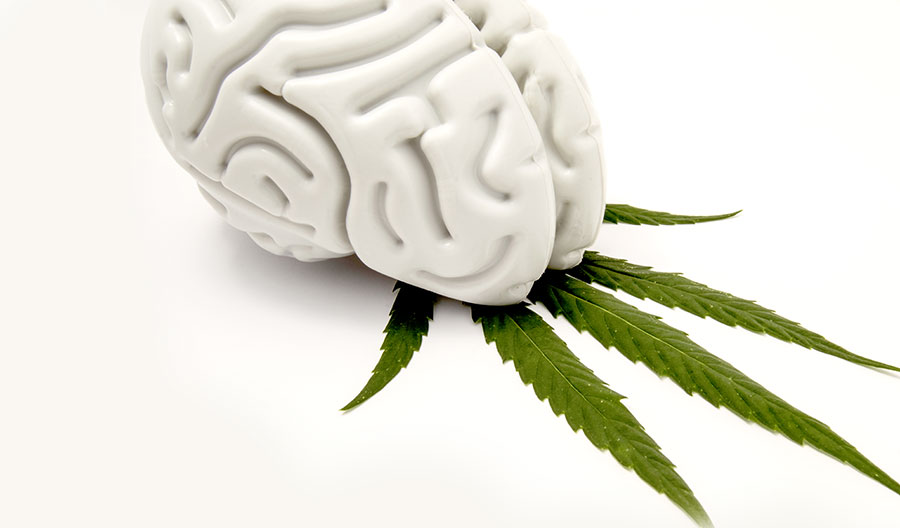Cannabis in your brain
Young marijuana users gamble on potluck.
Story: Dr. Antoine Kanamugire
Cannabis is absorbed into your blood, which helps it travel to its favorite destination: your brain. Here it begins to act, either creating a “buzz” or a beautiful feeling or making you irrational. It’s in the delicate chemistry of the brain that marijuana acts to produce the desired—or undesired—psychoactive effects, producing short- and long-term consequences that often are hard to predict in advance.
Brain development is a very complex process; the brain starts to develop throughout the fetus’ prenatal life and brain growth isn’t complete until around the age of 25. So any physical, psychological, or emotional trauma the brain experiences before the age of 25 is more likely to interfere with overall brain development and is therefore more likely to cause long-term damage to the brain.
Cannabis has effects on your brain at any age, but if you’re under 25, your brain is still developing and will be more affected by consuming it. You are more at risk of developing an addiction, symptoms of amotivational syndrome, learning problems, and even a psychotic episode.
The table presents the different parts of the brain affected by cannabis consumption and outlines some potentially serious life consequences that could result from getting high. However, it’s important to acknowledge that this table is simplified, since the brain is complicated and its parts are more interconnected than can be fully outlined in any simple table. Any individual structure of the brain can be involved in controlling numerous aspects of how we behave. For example, the amygdala is involved in our emotional reactions, how we process memory, and how we make decisions. Just remember that each part of the brain might also be affected by marijuana and could subsequently affect other aspects of our behaviors not discussed in the table.
How cannabis/marijuana affects your brain
Hippocampus
Function: Involved in memory
Effects of cannabis: ↓ memory
Potential life consequences: Learning problems
Prefrontal cortex
Function: Involved in executive functions, focus, inhibition, judgment, planning
Effects of cannabis: ↓ judgment, ↓ concentration, ↓ attention span ↓ behavioral inhibition ↓ executive functions
Potential life consequences: Behavior problems, Impulsivity, Judgment, Risk of addiction, Risk of accidents, Ability to learn
Cerebellum
Function: Involved in balance, movement, coordination
Effects of cannabis: ↓ balance and coordination
Potential life consequences: Risk of fall, Risk of accidents
Basal ganglia
Function: Involved in movement, planning, and coordination
Effects of cannabis: Slower in reacting to sudden events ↓ movement, planning, and coordination
Potential life consequences: Risk of car accidents
Amygdala
Function: Involved in fear and aggressive behavior, anxiety, emotions
Effects of cannabis: If high doses of cannabis: fear, anxiety, panic
Potential life consequences: Anxiety problems, Panic, Isolation, Aggressiveness, Depressive mood
Hypothalamus
Function: Involved in hormonal control, appetite, sleep, attachment behavior
Effects of cannabis: appetite and eating, sleep dysregulation, ↓ attachment
Potential life consequences: Appetite and eating, Long-term sleep problems, Sexual behavior with no attachment, No attachment to one’s family
Overall brain anatomy:
↓ brain volume, thinning of the cerebral cortex, changes in cerebral white matter
About the writer: Dr. Antoine Kanamugire specializes in psychiatry. He completed a medical degree at the University of Sherbrooke and then a specialty in psychiatry at the University of Montreal. This story is an excerpt from “The 21 Unspoken Truths About Marijuana,” used with permission. To learn more, visit drantoine.org.

